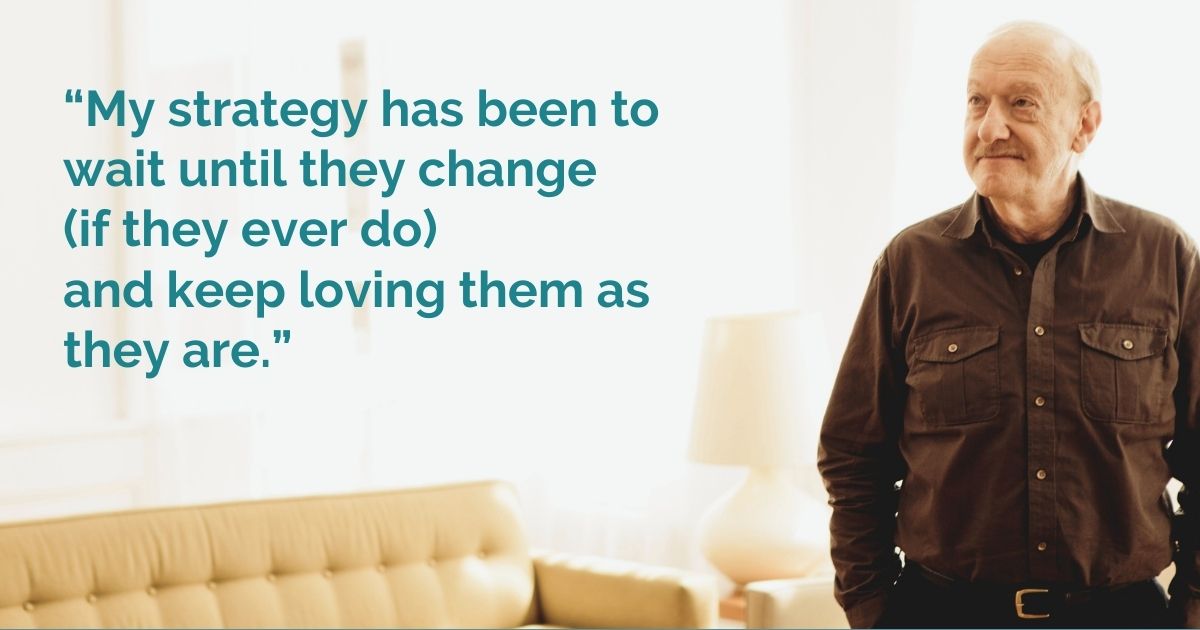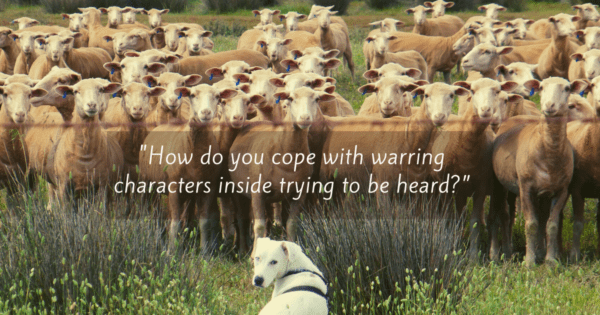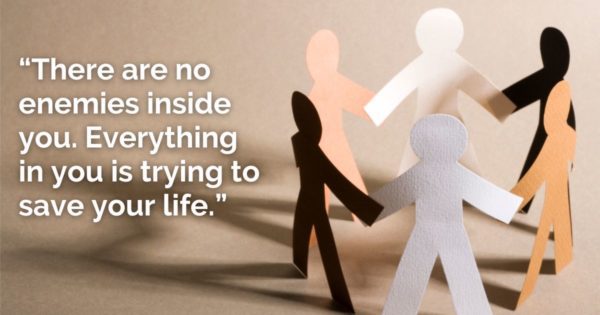What can we do with our natural sadness about being distant from those we love? Read on…
Antonio writes:
My adult son and daughter are in a very independent stage and do not have much communication with me. I feel they do not have enough empathy in relation not only to their parents but also to other people.
My strategy has been to wait until they change (if they ever do) and keep loving them as they are, knowing that I did the same when I was their age. But there is a part of me that feels very sad about seeing my grandchildren so seldom. I know that accepting what is will help me to overcome the feeling of sadness. And this will take me to a new stage of calm and happiness.
Dear Antonio:
I am sad with you about your distance from your children and grandchildren. I applaud you for loving them as they are… even though you wish they were closer to you emotionally.
You’ve made a guess that they don’t have enough empathy, and that may be true… but I find when it comes to other people it’s usually best to not assume we know what it’s like for them until we ask.
After all, that’s the first step of empathy, isn’t it? To be curious how the other person is feeling, because we don’t already know.
Anyway, I wanted to respond to what you said about sadness… which is an understandable and natural response to missing your grandchildren.
Do we have to speak about “overcoming” sadness? What about embracing sadness? After all, your feelings are a beautiful aspect of being the person you are. Including sadness!
What if you were as loving and gentle to your own sadness as you would be to your grandchildren if they were here?
It sounds like you feel there is nothing you can do, to be closer to your grandchildren. But maybe — if you listen to your sadness and your love — you will discover there is something more you can do.
Don’t give up! Life always wants to find a way. And our bodies know so much, if we listen.









I totally relate to this idea. I often have thoughts, parts that are always telling me, “if X happens, THEN you can be relaxed (or enter other positive quality)”. And then if X happens, new if/then ideas come up. The relaxed feeling does not come from what does (or doesn’t happen), but from how I hold the parts that hold these concerns and reasonings.